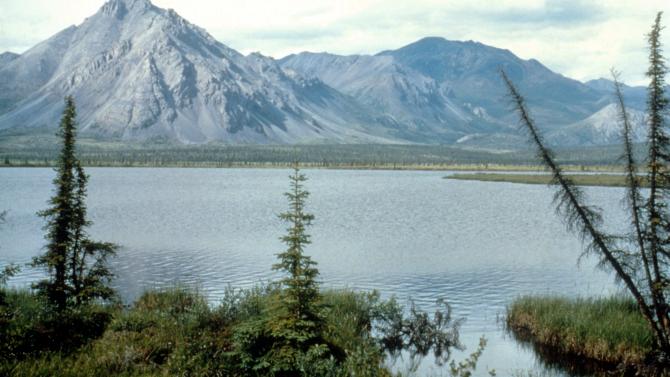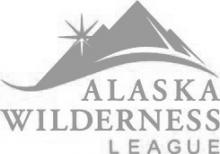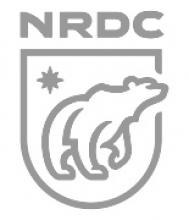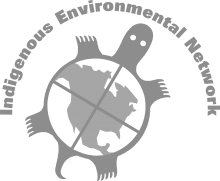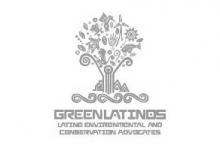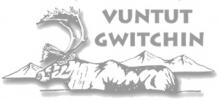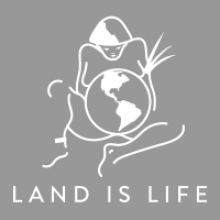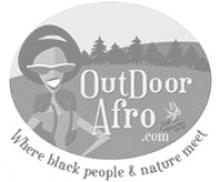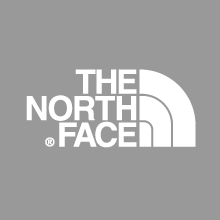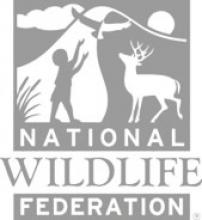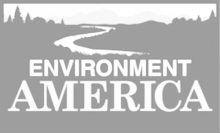What does a woman who grew up in Oakland, Calif.—the heart of an urban center—have in common with a woman with roots in the remote outskirts of the Arctic National Wildlife Refuge in Alaska? More than you think.
We are two determined women of color—united by our belief that human rights and social justice are inextricably linked to saving our shared planet.
When we met on an expedition to the Arctic to explore the impacts of climate change, we talked about what drives us and about our dedication to justice and sustainability. We shared stories about the dangers that climate change poses to communities of color like ours—communities that are at the crosshairs of the worst that climate change threatens to bring, including health issues and food insecurity. We shared our concern for local communities in places like New Orleans that experience flooding, and in northern Alaska, where the ice under Alaska Native communities is melting so quickly that entire villages are being forced to relocate. And we mourned the lives already lost to the destructive nature of climate change.
Then we made a commitment to work together to protect one place in particular: the Arctic Refuge.
Located in the northeast corner of Alaska, the Arctic Refuge is unique, majestic, irreplaceable and one of the last remaining intact ecosystems in the Arctic. It is a national treasure, like Yosemite and the Grand Canyon, and it is the lifeblood of Alaska Native communities and animals. Protecting the refuge is about protecting what we hold in common—our connection to the land and animals and to each other.
The continued existence of the refuge as a land free from industrialization and pollution has always been a human rights issue. The Gwich’in people live in remote villages on the migratory route of the porcupine caribou herd, whose calving and birthing grounds are on the coastal plain of the refuge. Caribou serve as the Gwich’in people’s main food source and as a central fixture of their culture. They refer to the refuge’s coastal plain as the “Sacred Place Where Life Begins.”
Despite the importance of this spiritual place, we are in one of the most perilous times in the refuge’s history. Climate change threatens its existence—particularly as Alaska warms at twice the rate of the rest of the U.S., and Alaska Natives are quickly losing their ability to maintain their spiritual and physical well-being. Meanwhile, oil extraction remains a threat to the refuge.
After talking about all these dangers at the refuge’s door, we realized we needed to take action to preserve the basic human rights of the Gwich’in people, who have subsisted on these lands since time immemorial. We understood that protecting the refuge is as much about human rights as it is about protecting a wild place crucial to all life.
Last year President Barack Obama recommended wilderness designation for the Arctic National Wildlife Refuge and called on Congress to get the job done. Unfortunately, the many Americans who value this special place and Alaska Natives who rely on it are still waiting.
But we are optimistic that—together—we can change course and change history. People like us are learning how the refuge is linked to our ecological survival, sharing why it matters and demanding justice for Alaska Native communities who rely on it.
Nearly 1 million Americans already asked President Obama for the strongest possible protection for the Arctic Refuge during the Comprehensive Conservation Plan process in 2015. Now the We Are the Arctic coalition, which we help lead, is bringing diverse leaders together to support the Gwich’in and the Arctic Refuge. We are united in saying that some places are too special to drill, and the voices of communities of color cannot be ignored.
Outdoor Afro will highlight the need to stand with the Gwich’in as part of its annual summit in Yosemite this April. At the summit, over 60 African-American leaders will hear from Lorraine Netro, a Gwich’in leader who has fought to protect the refuge for decades. And there, each Outdoor Afro leader has a chance to say, “Not on our watch,” and take the Arctic Refuge off the table for good.
We hope other African-American leaders will join us in the effort. Together, we can exercise our common responsibility to protect life on Earth by protecting a special part of America’s natural heritage.
The Root aims to foster and advance conversations about issues relevant to the black Diaspora by presenting a variety of opinions from all perspectives, whether or not those opinions are shared by our editorial staff.
Rue Mapp is the founder of Outdoor Afro, an organization dedicated to connecting African Americans to the outdoors. Selected as one of The Root 100 in 2012, Mapp oversees a carefully selected and trained national volunteer leadership team of 30 men and women who represent 16 cities around the U.S. Princess Daazhraii Johnson is Neets’aii Gwich’in from Alaska. She works closely with her home village of Vashrąįį K’oo and is an advocate for environmental and social-justice issues for Alaska Native people. Johnson is the former executive director of the Gwich’in Steering Committee. She now works with REDOIL—Resisting Environmental Destruction on Indigenous Lands.
This op-ed was originally posted on The Root.
